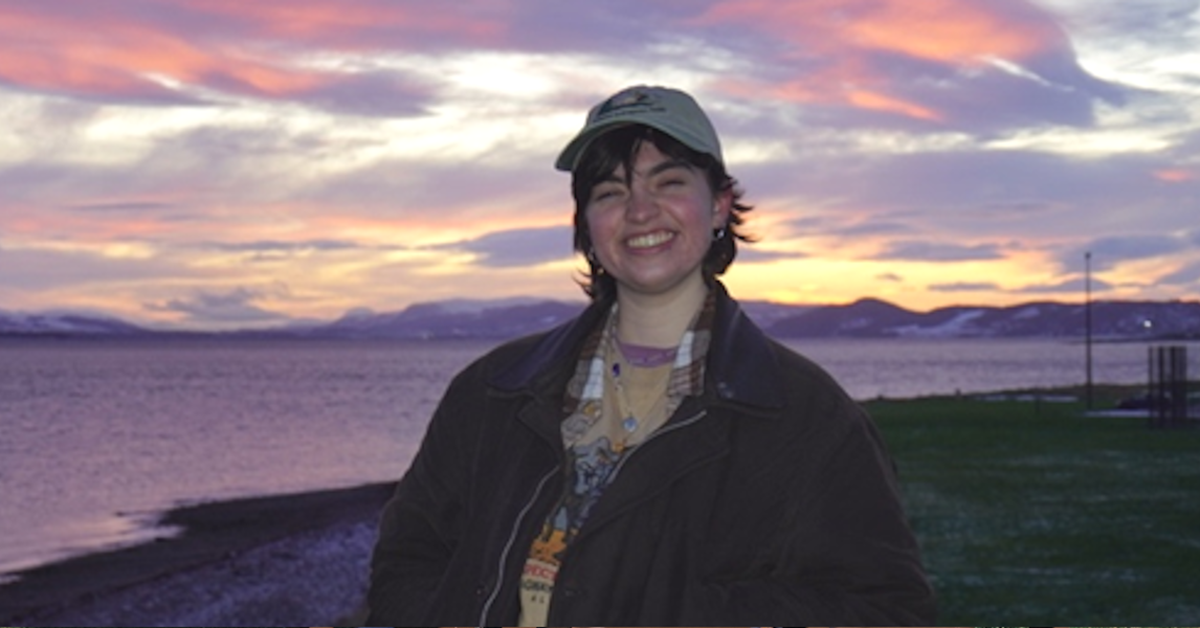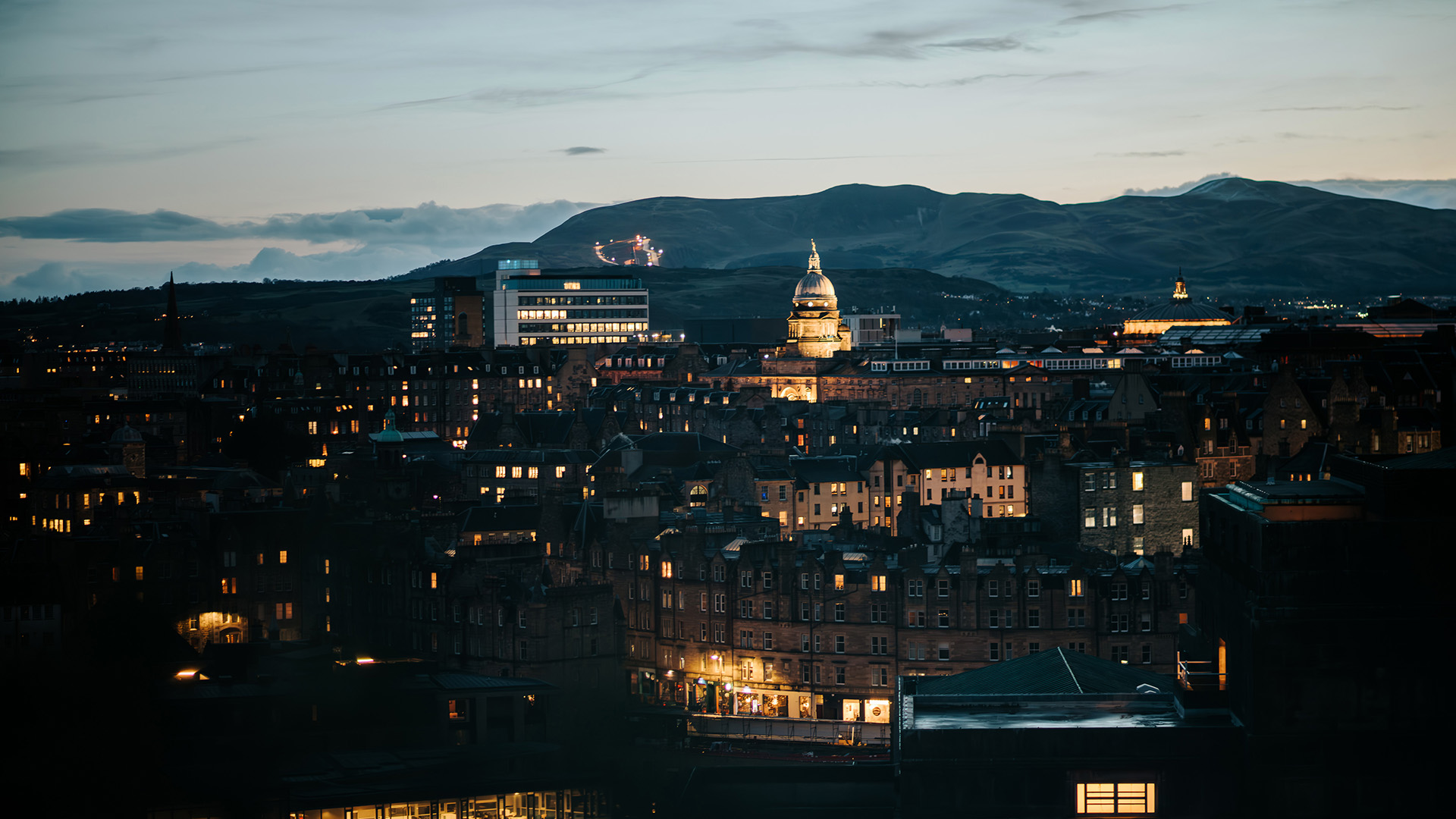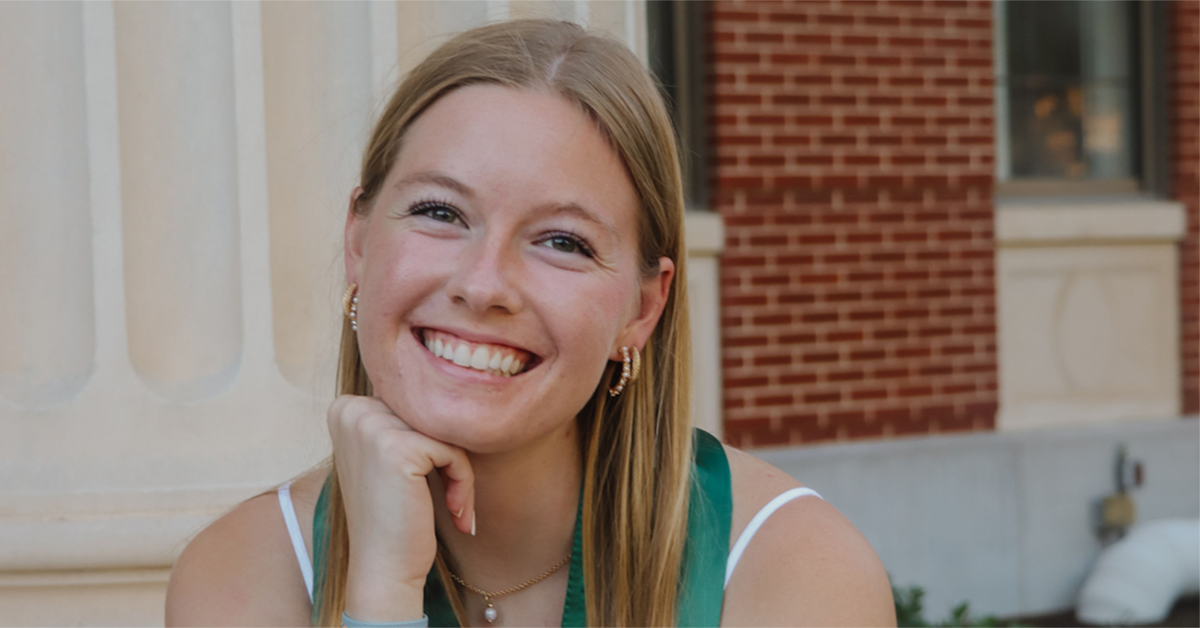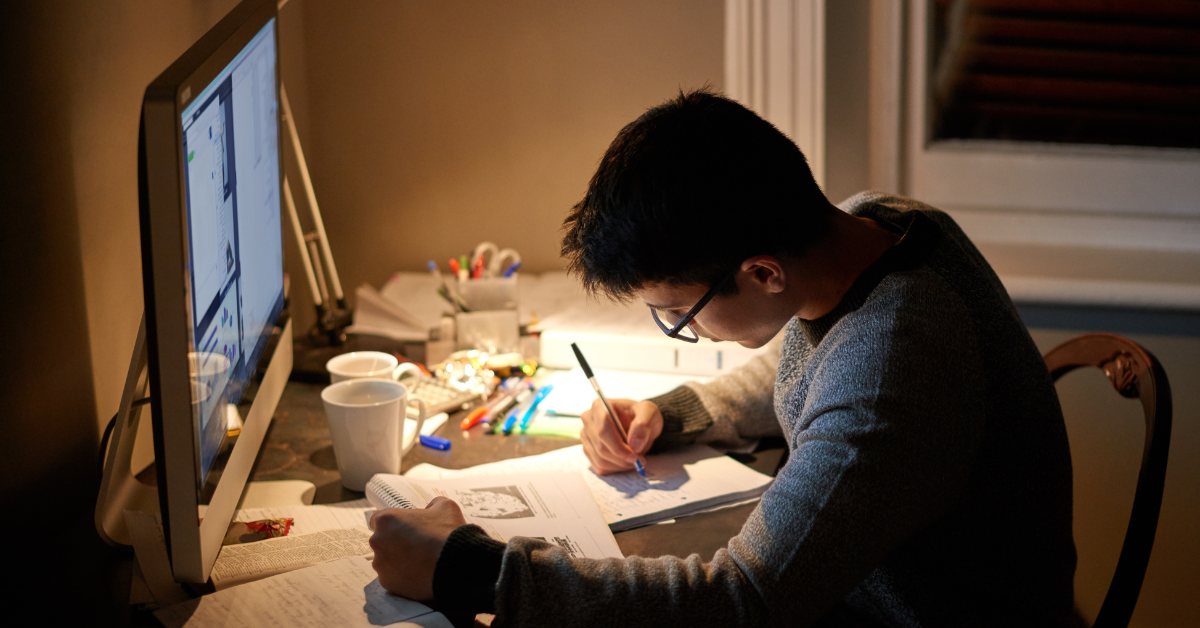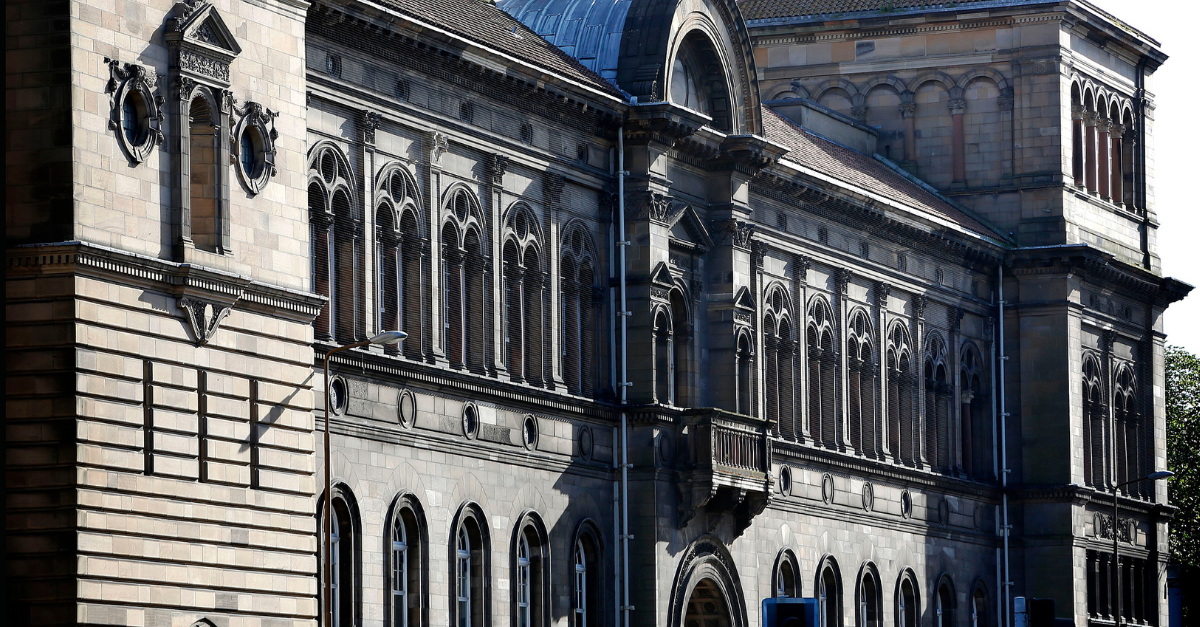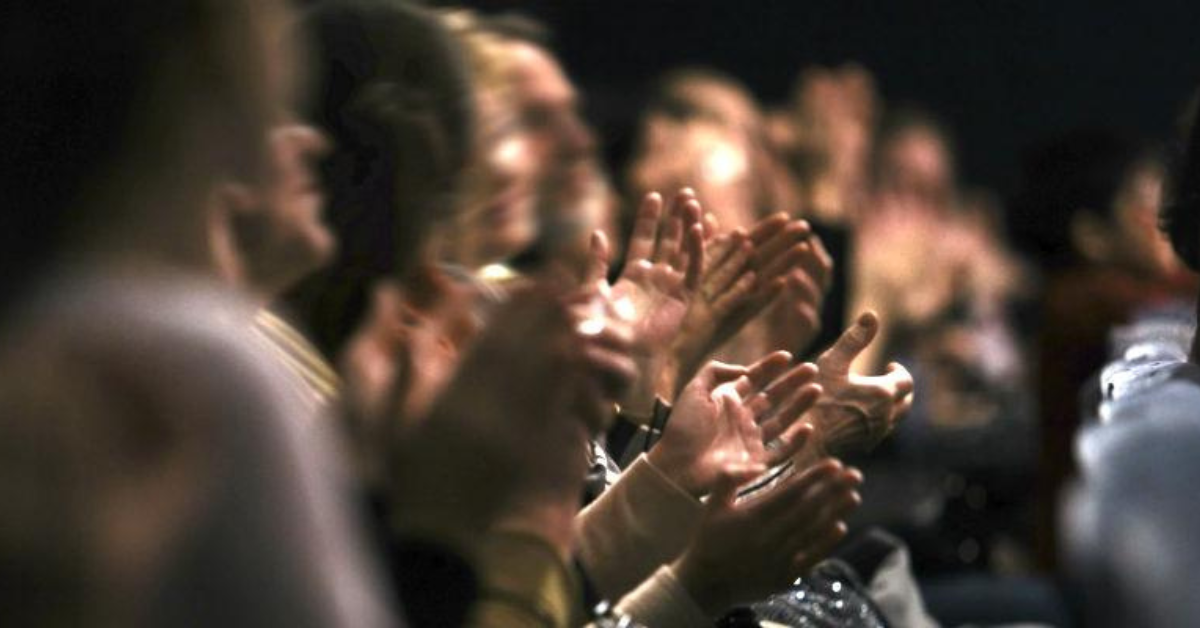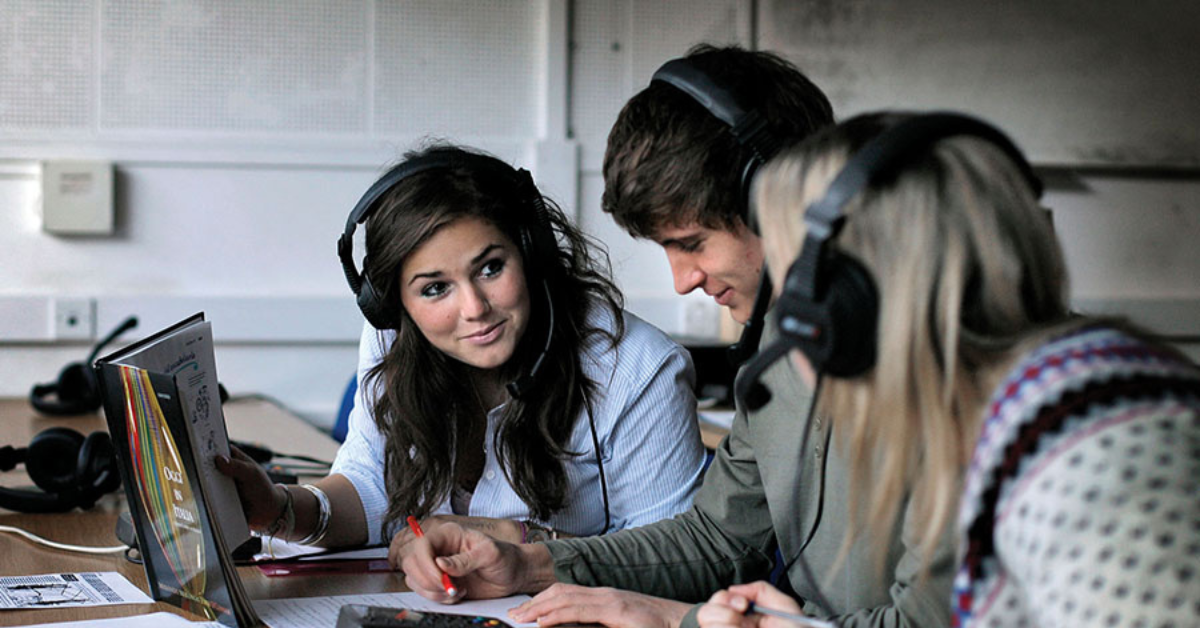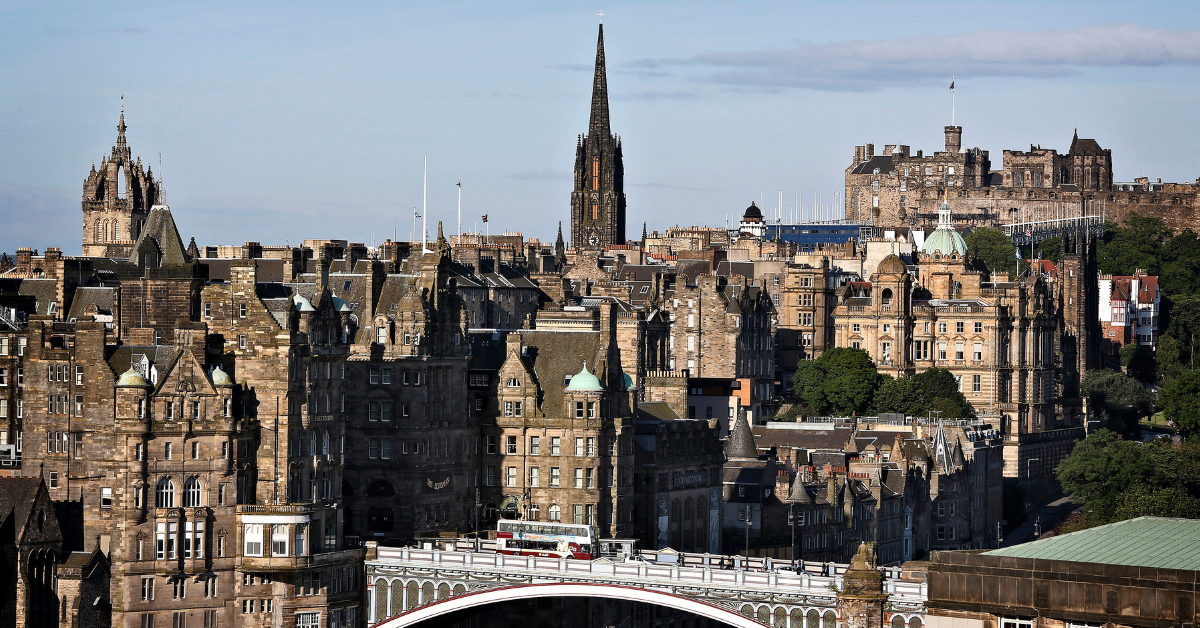Tag: International students
By Rachel, studying MSc History, from the USA My name is Rachel and I’m an American international student pursuing an MSc in History. When I was looking into the University of Edinburgh at the end of my undergraduate studies, I was particularly worried about finding friends. Coming to the UK from the US, I didn’t […]
Rachel, from the USA, is studying History Returning to class after the winter holidays isn’t always the most exciting prospect – especially when the sun is rising at 9am and setting at 4pm. It’s dark and cold and you were just at home, eating for free and petting your cat. Don’t lose hope! As a second-semester […]
By Lydia, from the USA, studying MSc Intellectual History Hi everyone! My name is Lydia! I am a current postgraduate student in the Intellectual History programme, from the United States. When I moved to Edinburgh, I had never been before, knew no one, and had no idea where to start finding community. I had such […]
…by Kit / from Belgium / studying History (MA) / 3rd yearAll Posts Being at university, there’s always a time when we struggle to get work done. As a disabled student, this can be doubly true. Whether that’s due to ADHD goblin brain or bad health days, the tips and tricks below can help you […]
Tanvi shares her experience of being an international student, and the supportive community of School of History, Classics and Archaeology. Student life in Edinburgh is colourful and multifaceted, and this is something that the University has continued to provide throughout my time as a student here. My experience at the School of History, Classics and Archaeology […]
How a song and dance helped Hanna connect with the University community after studying remotely. I came to the University of Edinburgh in September 2020 so was in the first cohort to experience what it is like to start my studies under Covid conditions. Unlike many of my peers, I was lucky to have comparatively […]
Over 10,000 overseas students matriculated with the University of Edinburgh in the 2021-2022 academic year, but what is like to study here? Georgia-Taygeti – originally from Greece – shares her experience. My favorite class throughout the first two years of my History degree was not an actual history class. Instead, I looked forward the most […]
To say the Covid years were tough is, of course, a gross understatement. But what if you’re a new international student finding your feet in a foreign country? Olivia is a second year History (MA Hons) student, and this is her story. I had never been to Scotland before August of 2020 when I moved […]
Leaving home to go to University is daunting enough, but what’s it like if you’re travelling across the world to do it? Scarlett is from the US so she can tell you. At times as an international student, it can be difficult to be so far away from home. But trust me when I say […]


